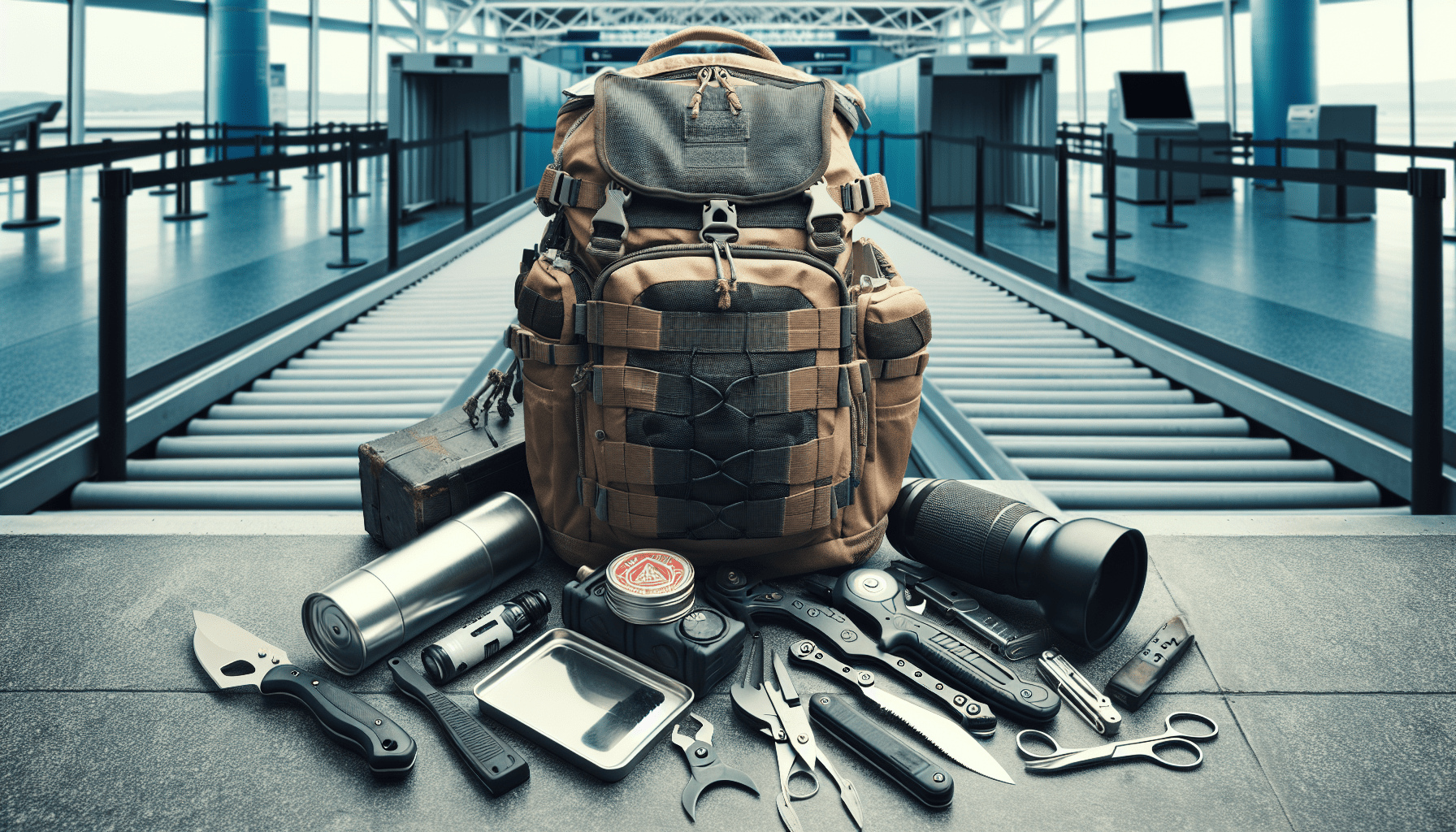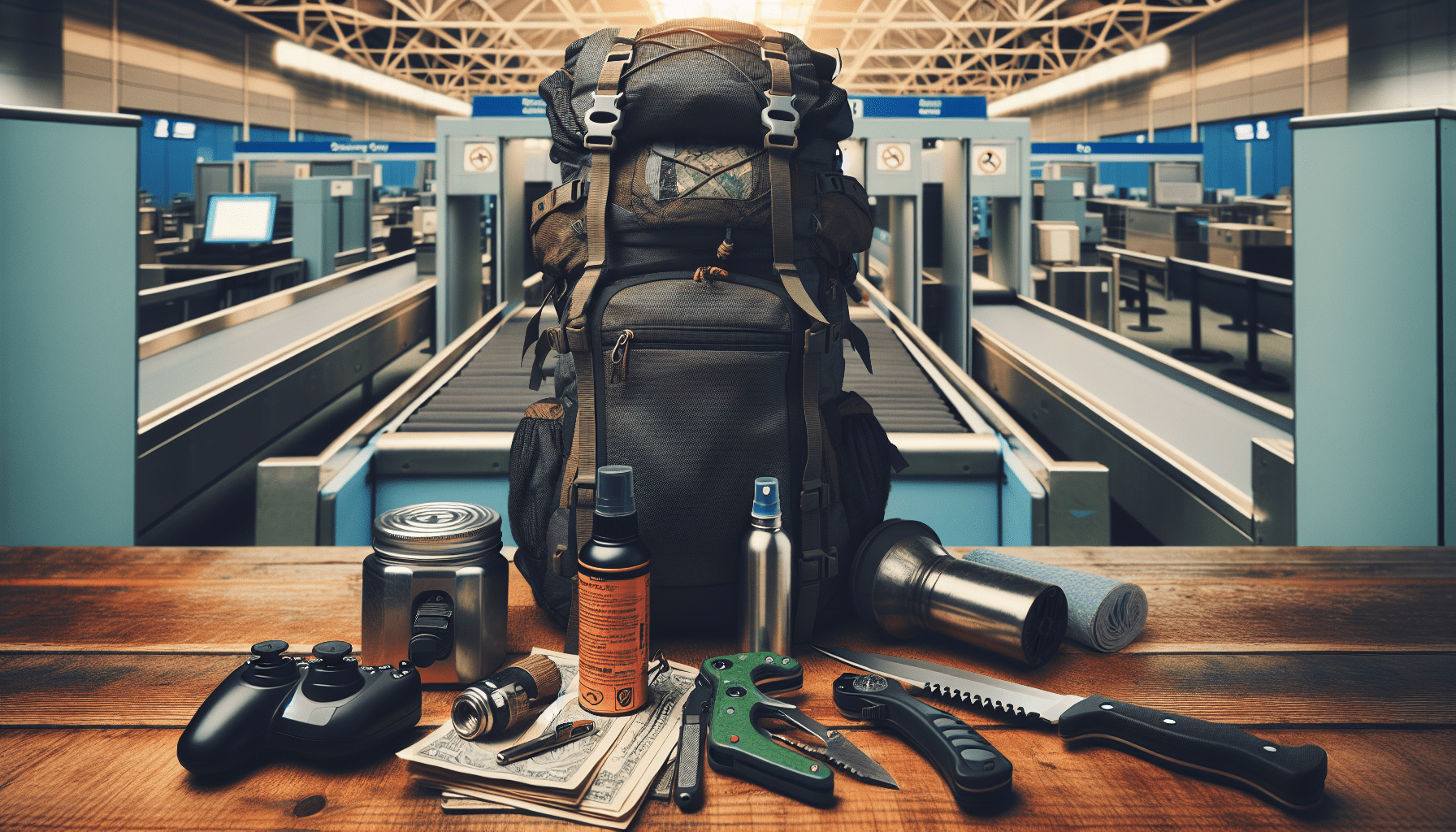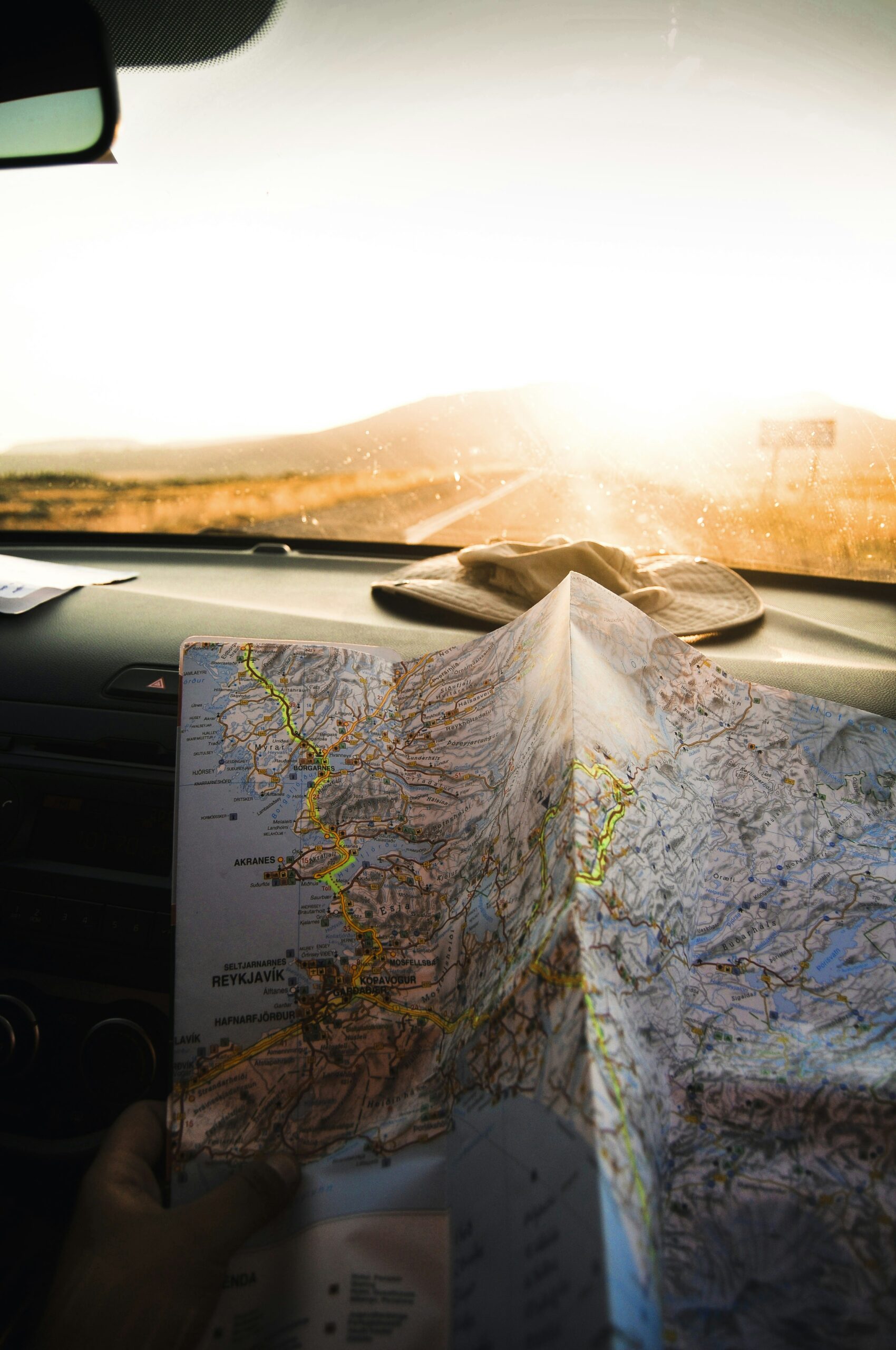Planning a camping trip can be an exciting adventure, but it’s essential to know what camping gear you can and cannot bring on a plane to avoid any pre-trip hiccups. Ensure a smooth start to your outdoor experience by familiarizing yourself with TSA regulations. For example, items like camp stoves must be free of fuel, and while you can bring a cast-iron skillet, it must go in checked luggage. Important safety items like bear spray and large bug repellents are off-limits in carry-on and checked baggage, as they are considered dangerous. To avoid any inconveniences, check this guide to learn which camping essentials are TSA-approved and which ones you should plan to buy upon arrival. Have you ever found yourself excitedly packing for a camping trip, only to panic about what gear you can and can’t bring on the plane? You’re not alone! Navigating TSA regulations can be tricky, especially when you’re eager to hit the trails and enjoy the great outdoors. Knowing what to pack and what to leave behind can save you from potential headaches and letdowns at the airport. Let’s explore the camping essentials that you should definitely leave out of your carry-on and checked luggage to play it safe.

Shop These Accessories for a Comfortable Trip
Types of Cooking and Sleeping Gear That Are Restricted
Camp Stoves
You’re probably planning on cooking some delicious meals during your camping trip, and a camp stove is a quintessential item for that. Good news: you can pack it in your carry-on or checked bag! The catch? It must be completely free of fuel and vapors. This means you should spend some time cleaning out any residue to ensure it’s TSA-compliant.
Fuel Canisters
Sorry to break it to you, but any type of fuel canister is a no-go for both your carry-on and checked bags. Fuel is flammable and presents too many risks on a flight. It’s best to plan on purchasing your fuel once you arrive at your destination.
Cast Iron Skillets
Nothing beats the taste of meals cooked in a cast-iron skillet over an open flame. If you can’t part with yours, make sure it’s stowed in your checked luggage because it won’t pass muster in your carry-on.
Sharp Cooking Tools
If you’re keen on cooking gourmet meals, you might pack sharp knives and other kitchen tools. Be aware that while these items can be placed in your checked luggage, they’re strictly off-limits for carry-on bags due to their potential use as weapons.
Tent Stakes and Poles
Tent Stakes
Tent stakes might seem harmless, but TSA categorizes them as potential weapons. That means you’ll need to pack them in your checked luggage.
Tent Poles
Tent poles get a pass! You can carry them in either your carry-on or checked bag. Just keep in mind that their size and weight must comply with your airline’s cabin baggage limitations.
Air Mattresses with Built-in Pumps
An air mattress can make your camping trip much more comfortable. If it has a built-in pump, you have the option to carry it on the plane. Double-check whether it meets the airline’s size and weight restrictions to avoid hiccups.

Shop These Accessories for a Comfortable Trip
Wildlife Management Items That Are Prohibited
Bug Repellent
Camping and bugs often go hand in hand, so bug repellent is a must-have. Aerosol bug repellent in a container of 3.4 ounces or less can be carried on, but larger containers should go in your checked luggage. Here’s a crucial caveat: the repellent must be the type applied to your skin. Repellents meant to be sprayed in the air aren’t allowed in either carry-on or checked bags.
Bear Spray
Bear spray can be a lifesaver if you’re venturing into bear country, but it’s not allowed on flights. The FAA categorizes bear spray similarly to pepper spray, both of which are banned due to their incapacitating effects. Plan to buy this once you get to your destination.
Common Camping Gear You Can and Can’t Pack
To make this easier, here’s a quick reference table for some common camping gear:
| Item | Carry-On | Checked Bag | Details |
|---|---|---|---|
| Camp Stove | Yes | Yes | Must be free of fuel and vapors |
| Fuel Canisters | No | No | Fuel is not allowed in any form |
| Cast Iron Skillet | No | Yes | Only allowed in checked baggage |
| Sharp Cooking Tools/Knives | No | Yes | Treat as potential weapons |
| Tent Stakes | No | Yes | Considered weapons |
| Tent Poles | Yes | Yes | Must comply with cabin size/weight restrictions |
| Air Mattress (With Built-in Pump) | Yes | Yes | Must meet airline size/weight limitations |
| Bug Repellent (Skin-applied) | Yes (<3.4oz)< />d> | Yes (>3.4oz) | Aerosol for skin application only |
| Bear Spray | No | No | Not allowed due to incapacitating chemicals |
Other Considerations
Hiking Poles and Walking Sticks
While handy on the trail, hiking poles and walking sticks should be packed in your checked luggage. These items are seen as potential weapons and won’t make it through security in a carry-on bag.
Canoe Paddles
Yes, people do pack canoe paddles! Like hiking poles, these should also be tucked into your checked luggage due to their potential to be used as weapons.
Tips for a Smooth Airport Experience
Check TSA Guidelines
Always double-check the TSA’s website for the most recent guidelines on what is and isn’t allowed. Regulations can change, and it’s crucial to have up-to-date information.
Clean Your Gear
Spend some time cleaning your gear, particularly items that contained fuel. Even a faint odor can be a red flag for TSA agents.
Purchase Prohibited Items Later
Certain items like fuel and bear spray ought to be bought once you’ve landed. Research the availability of these items at your destination to ensure you’ll have what you need.
Practice Packing
Before you leave, do a trial run of packing your gear. This ensures you can comfortably fit everything into your designated bags and still meet airline guidelines.
Communicate with Your Airline
Some airlines have additional restrictions about camping gear, so it’s wise to communicate directly with them. This can prevent surprises at the airport and make your journey more streamlined.
Conclusion
Embarking on a camping adventure is thrilling, and the last thing you want is for your gear to be confiscated at the airport. By understanding TSA guidelines and planning accordingly, you’ll be better prepared and stress-free. Remember, essential items like camp stoves and bug repellent have specific rules you must follow, while others like fuel and bear spray should be acquired once you’ve reached your destination.
The thrill of camping awaits, and with a little bit of planning, you’ll be ready to enjoy every moment of your adventure. Safe travels and happy camping!
Shop These Accessories for a Comfortable Trip






